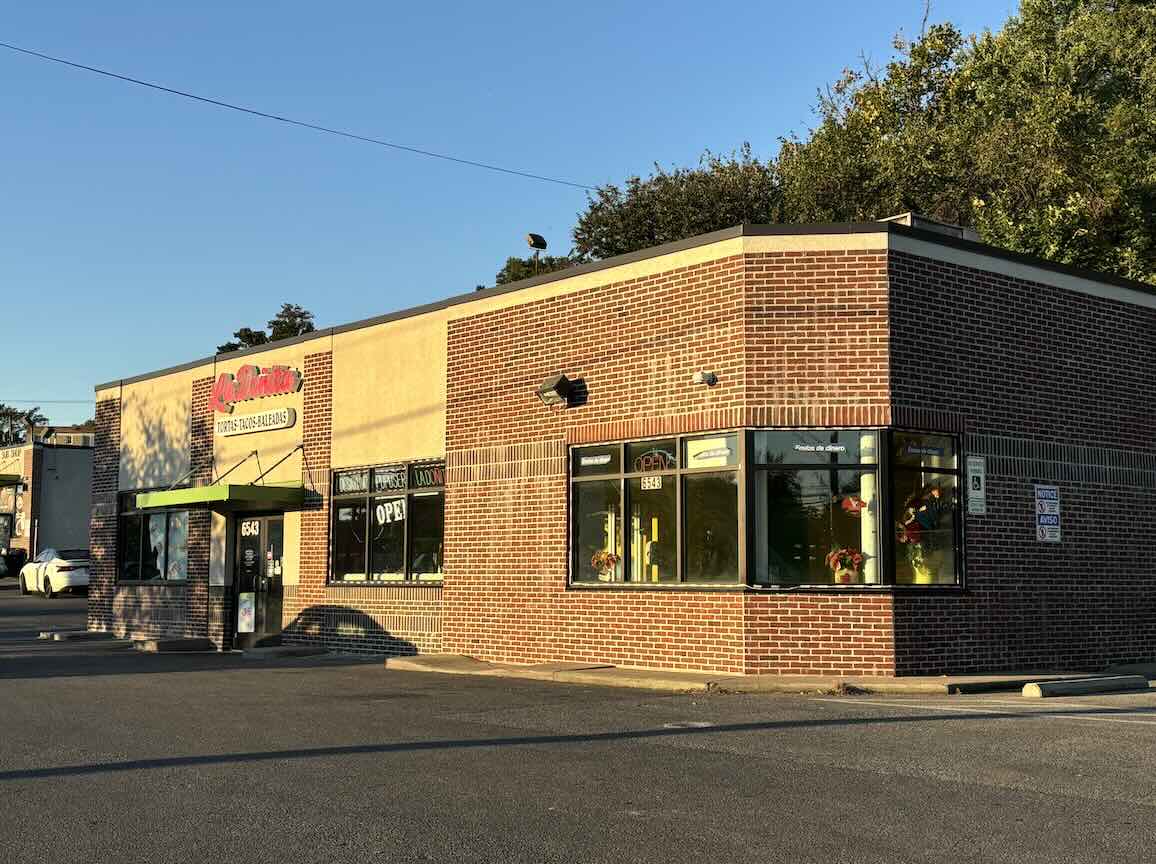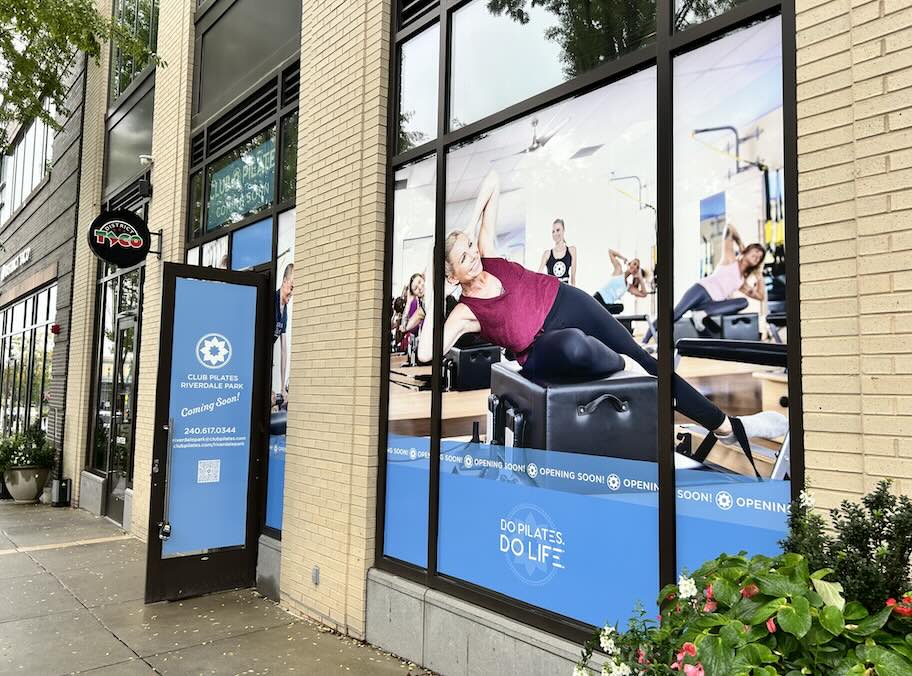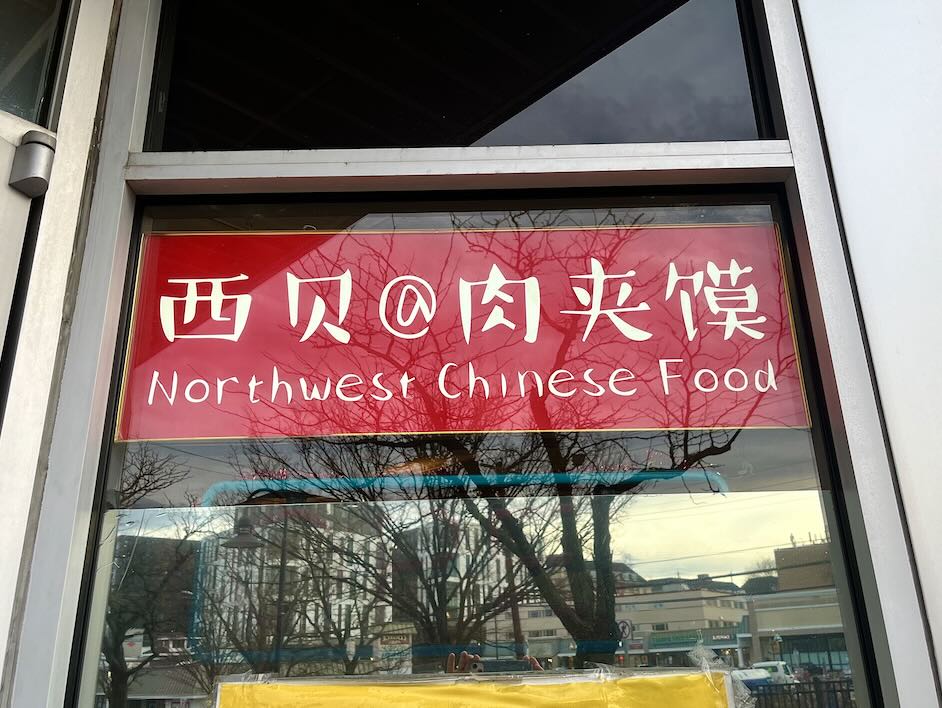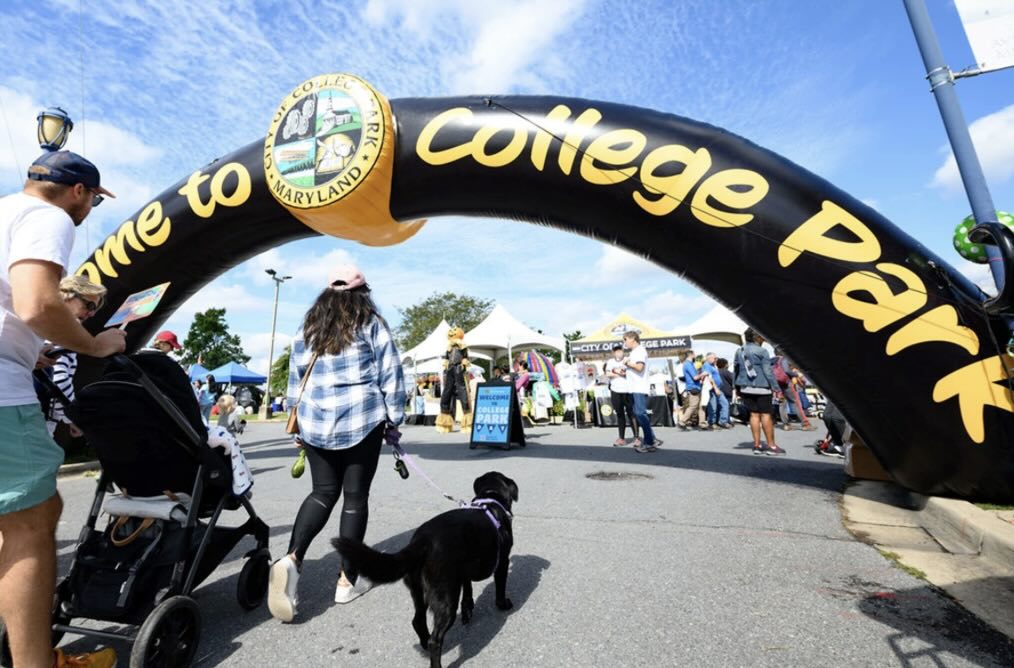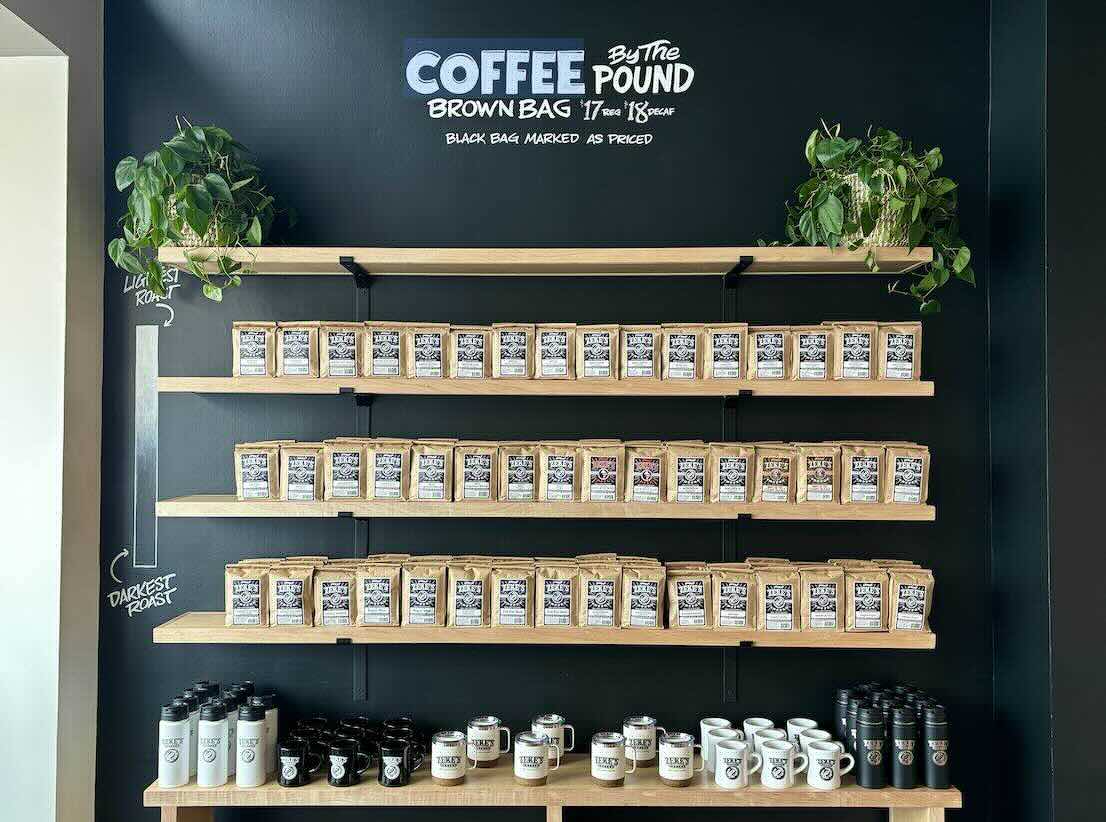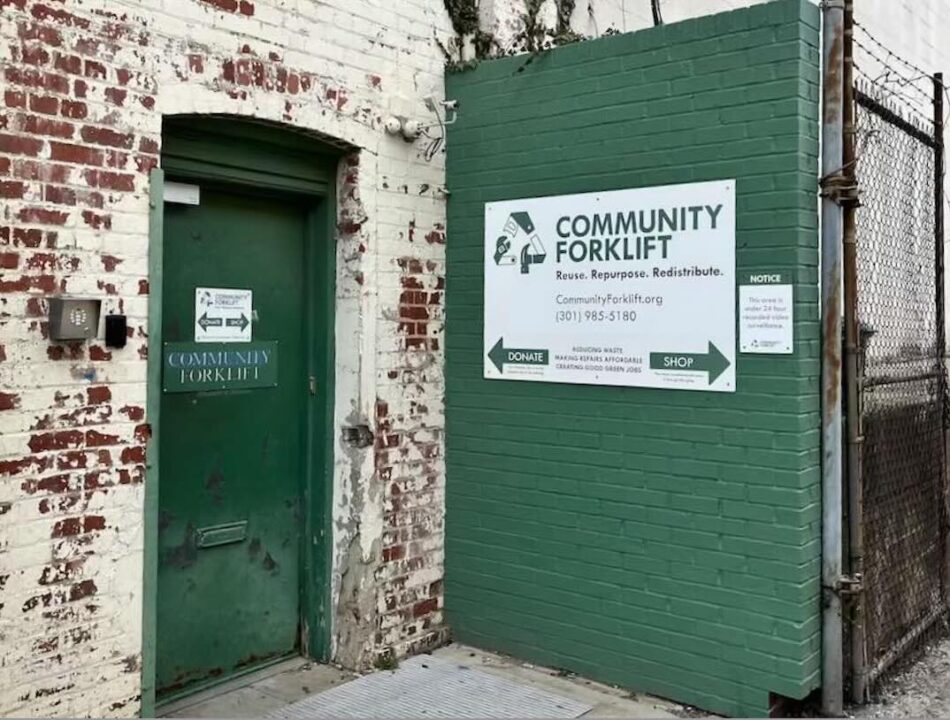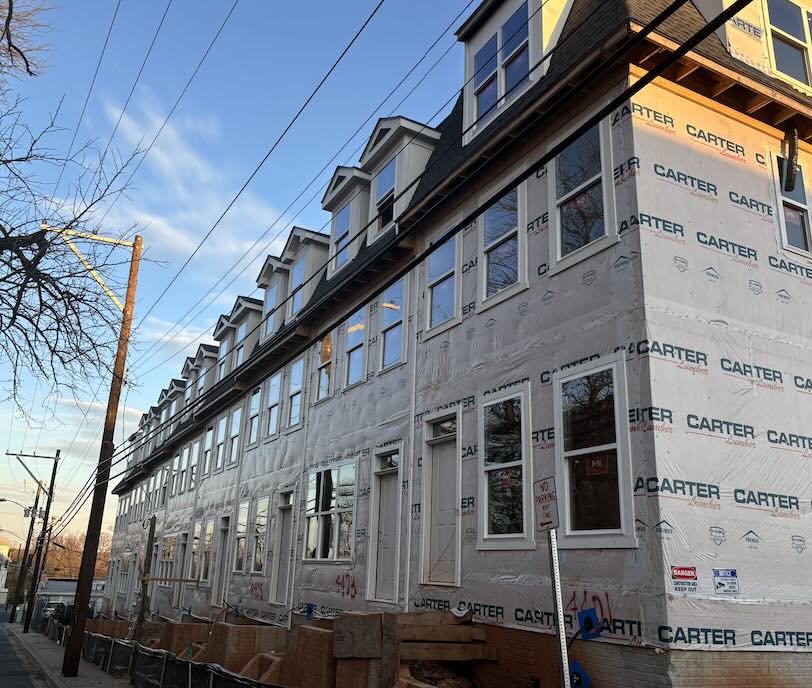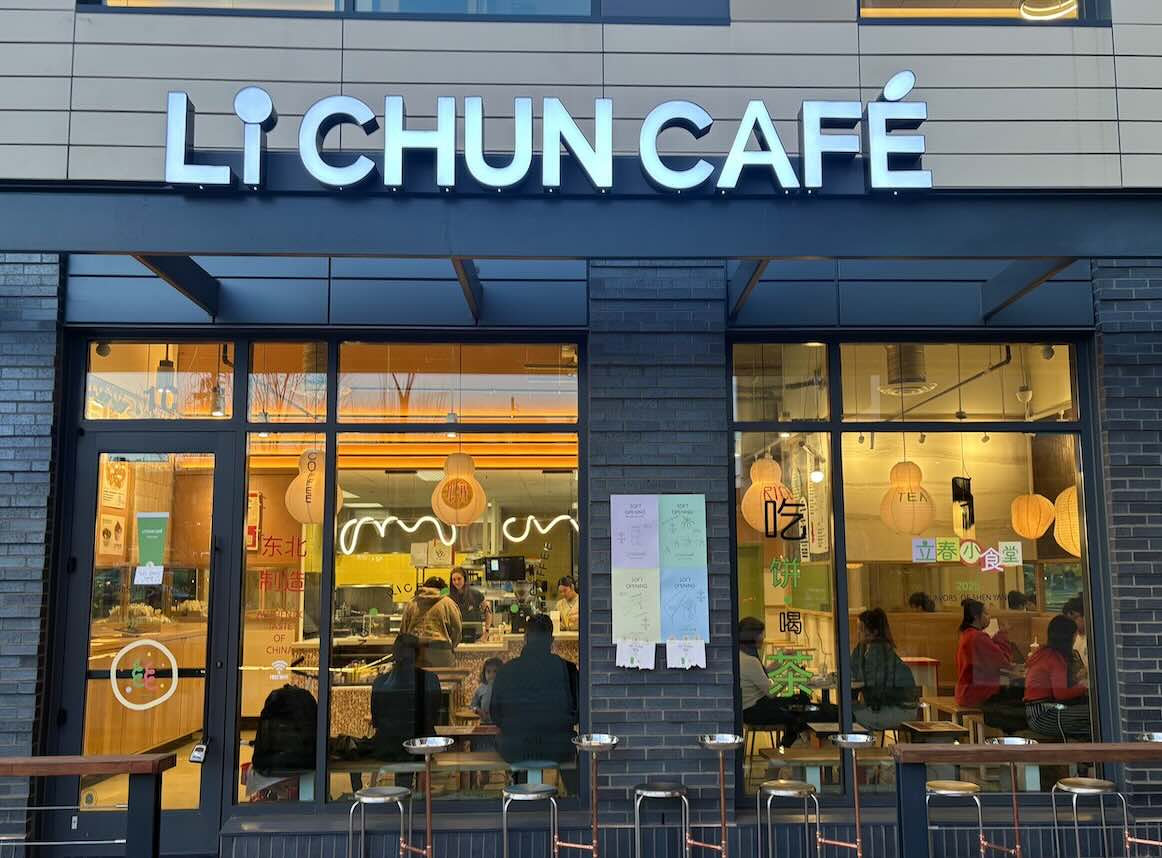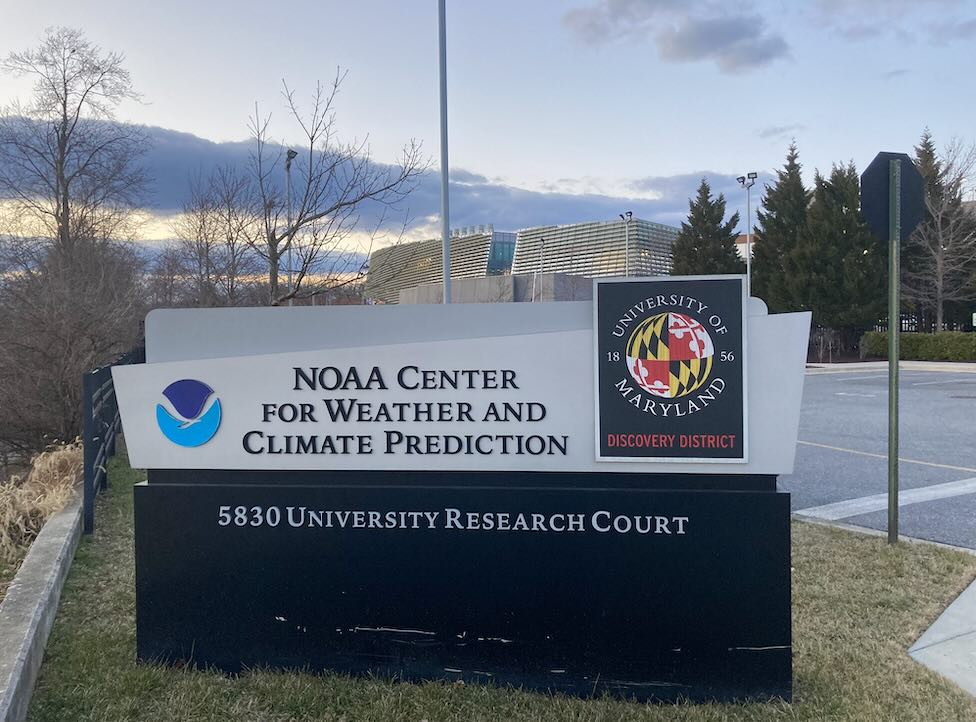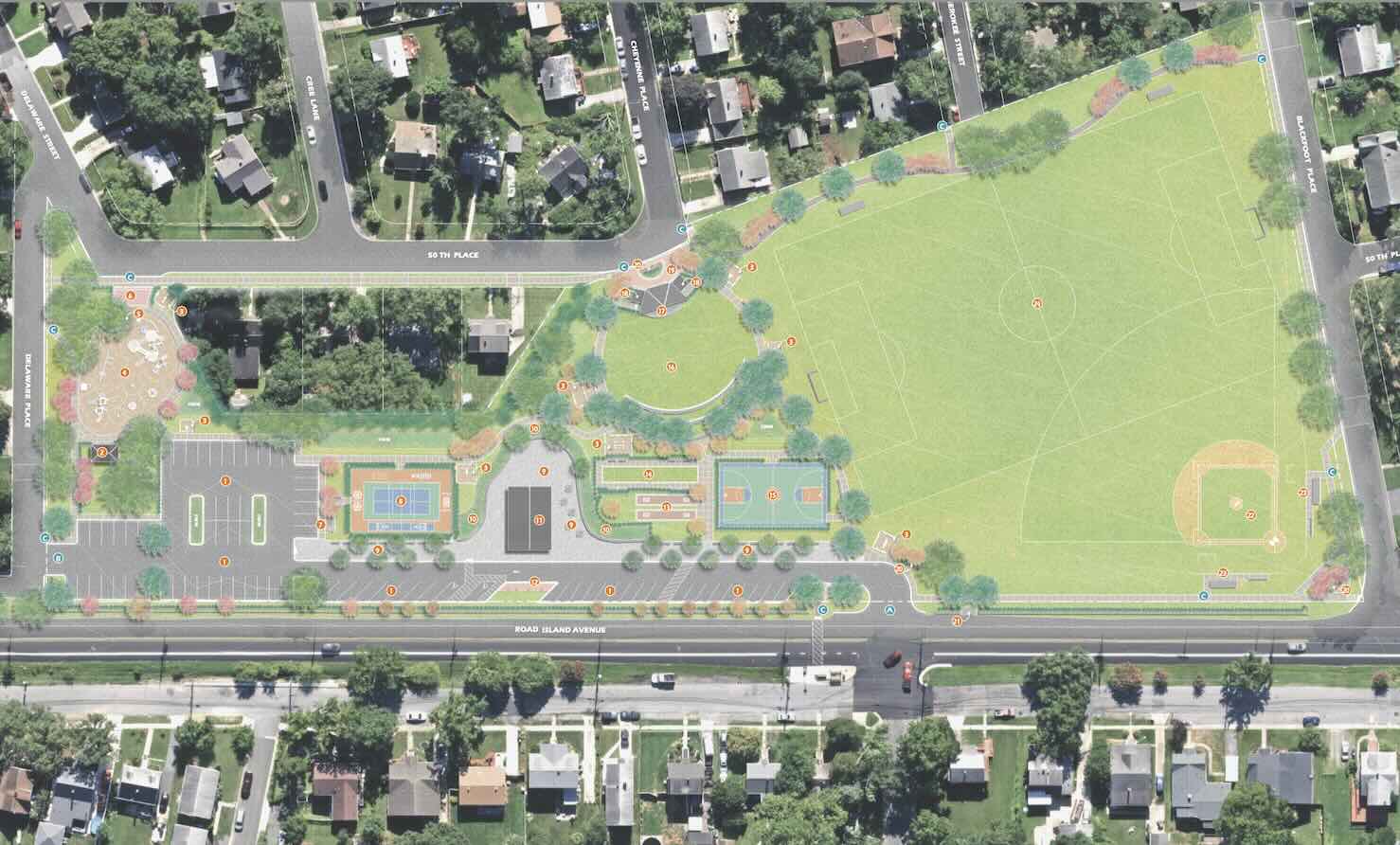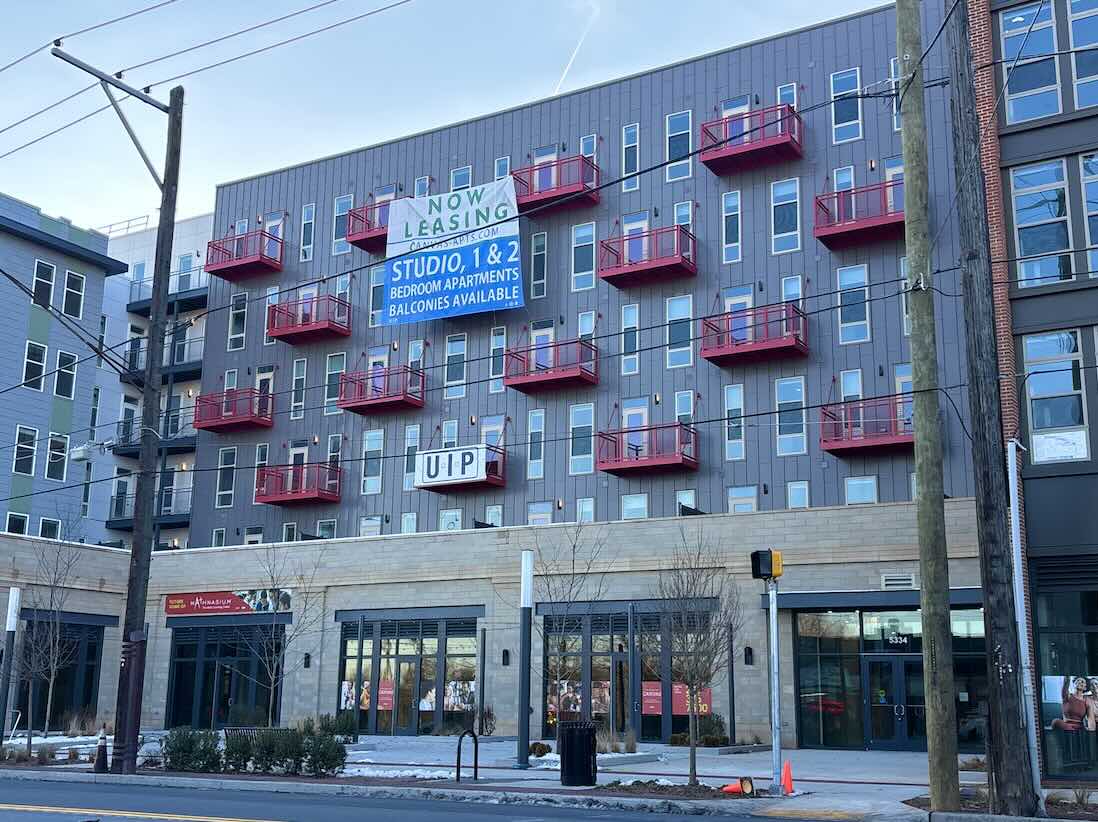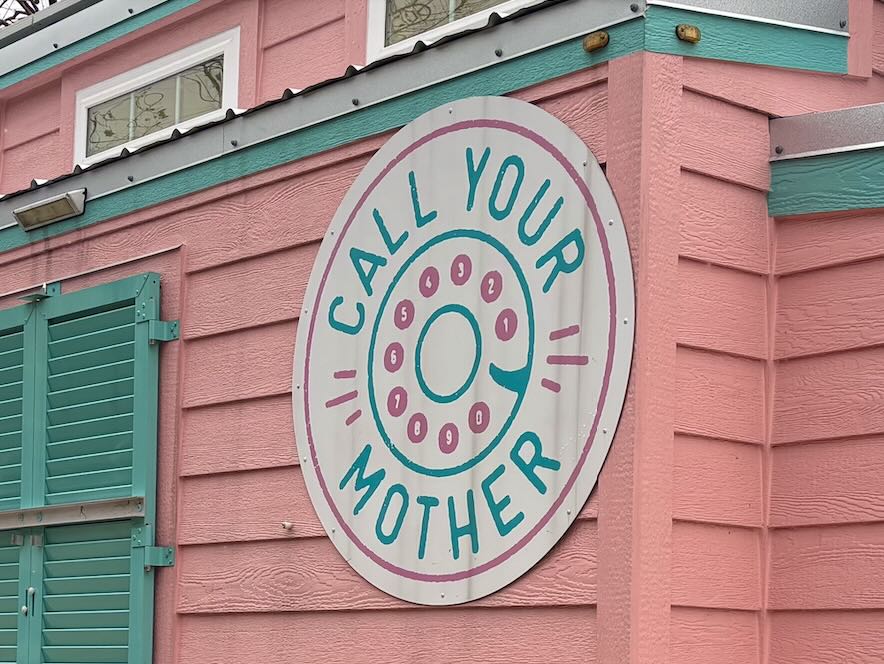A well-organized group of Route 1 residents is trying to stop a McDonald’s from replacing a locally owned restaurant near Hyattsville.
The Stop McDonald’s group has set up a website and is gathering letters from residents who oppose the project to present to the planning board of the Maryland National Capital Park and Planning Commission on Oct. 17.
The group opposes a plan to build a McDonald’s drive-thru at 6543 Ager Rd., near the intersection of Riggs Road, Ager Road, and East-West Highway, just past the Home Depot.
The property is currently home to La Doñita, a popular restaurant serving Central American cuisine.
Stop McDonald’s argues that a drive-thru would lead to back-ups on the already well-traveled road, which gets about 42,000 cars per day at that location, according to Maryland Department of Transportation data.
They also argue that there are already 14 McDonald’s locations within a 10-mile radius, with seven more planned, and that the franchise would be selling unhealthy food in an area that lacks access to healthy foods, according to a 2019 county report.
For more information on how to write a letter about the project, sign up to speak at the Oct. 17 meeting or call and email local elected officials, go here.
Get $10 off your next 2 orders at H & Chicken in Hyattsville!
Hyattsville Wire readers use the code HCHICKENMWL on Uber Eats.





